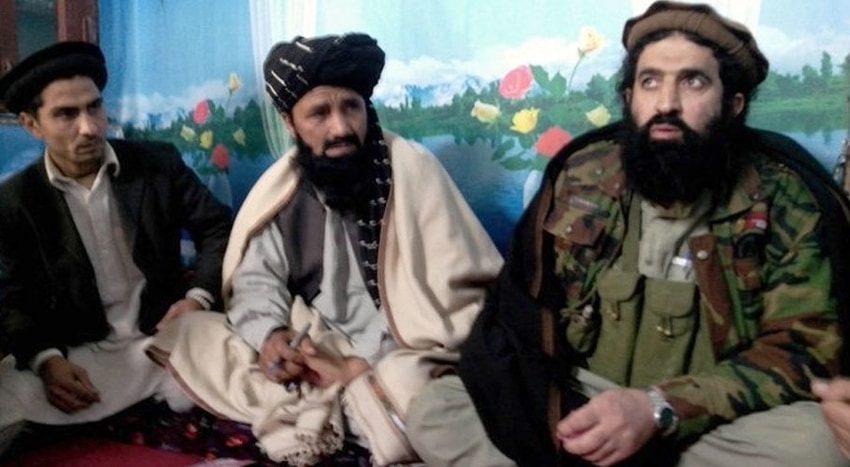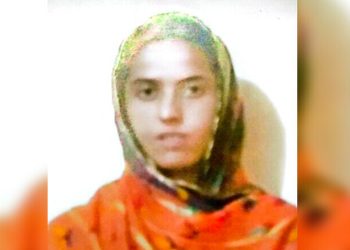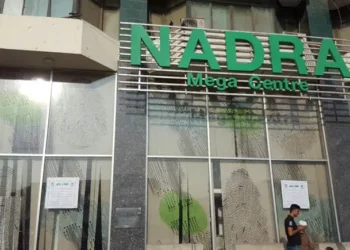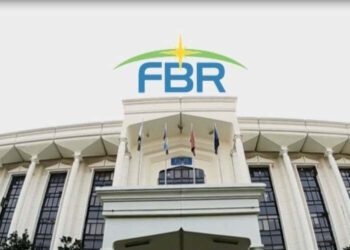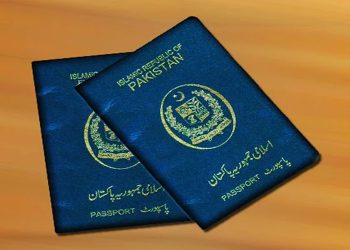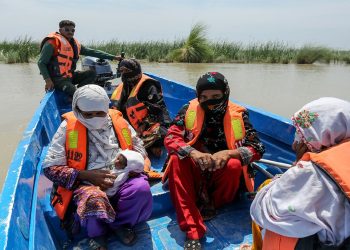Significant progress has been made in the talks between the Pakistani government and Tehreek-e-Taliban Pakistan (TTP), which has led to the declaration of a month-long ceasefire. Though sporadic incidents are taking place in the tribal areas, but the TTP is denying any involvement in them.
The most important question is whether the government, the TTP talks will succeed? Let’s try to find the answer to this question, but there are some other supplementary questions associated with it. It is important to understand the structure, methodology and future strategy of the TTP, only then can it be assessed how successful the negotiations will be. Let’s talk about it, but at the moment the negotiation process is going on, let’s review it first.
There have been several agreements between the Pakistani government and the TTP in the past, at least three formal agreements and two or four unwritten, informal agreements. All failed after most of these agreements, the TTP emerged as more powerful and its influence increased.
The recent negotiations are significant because for the first time in the TTP’s history, negotiations are being held with the supervision of Afghan government or mediation, and the Afghan Taliban, to whom the TTP has always attributed itself, now regularly are involved in the negotiation process.
The talks took place under the personal supervision and mediation of Siraj Haqqani, the head of the Haqqani Network, the most powerful and important part of the Afghan Taliban. The initial rounds of talks are said to have taken place in the Afghan province of Khost, which is considered a stronghold of the Haqqanis. Remember that Khost is the province that was conquered by Siraj Haqqani’s father Maulvi Jalaluddin Haqqani after the withdrawal of Soviet forces from Afghanistan. Jalal Haqqani was called the conqueror of Khost.
Due to pressure from the Haqqanis or at the request of the Pakistani government, all TTP groups were included in the talks. Past agreements also covered all groups of the organization, but then the leader of the organization was very powerful and it was difficult for the sub-groups to go beyond his command. Now the structure of the TTP has disintegrated and the present Amir does not have the same command as before. Until some time ago, different factions were separate, then looking at the situation, they all came together again.
The talks include the current Amir of the TTP, Mufti Noor Wali Mehsud (Abu Asim Mansoor), although he had given a very strong interview to the American channel against the government of Pakistan only two or three months ago. Noor Mehsud was made Amir after the death of Mullah Fazlullah three and a half years ago. Earlier, he was the head of the Sajna group of Mehsud fighters. Interestingly, Noor Wali Mehsud is also an author and has written a controversial book of more than 600 pages.
In the book, Noor Wali Mehsud claimed responsibility for the assassination of former Prime Minister Mohtarma Benazir Bhutto and described it in detail. The book also acknowledged that the TTP had carried out robberies and kidnappings for ransom. However, this book was written by Noor Wali Mehsud before he became Ameer.
The number of small and large sub-groups of the TTP is said to be twelve, but some of them are more prominent and prominent. Mullah Fazlullah’s faction was more active in Swat, his network was disbanded after the operation, then the group was further reduced after Mullah Fazlullah’s death in a drone strike, but it still has a special psychological status.
The TTP’s Mohmand Agency group has been well-known in the past for its activities, led by Omar Khalid Khorasani, who split from the TTP due to some organizational differences and formed the Jamaat-ul-Ahrar. After some time, differences arose within it and a separate faction was formed under the name of Hizb ut-Tahrir. Omar Khorasani is its head. Both factions, the Jamaat-ul-Ahrar and Hizb-ul-Ahrar, recently joined the TTP network. These groups have been more rigid and inflexible in the past and have never been willing to negotiate. This time they also had to participate in the negotiation process.
After Baitullah Mehsud and then Hakimullah Mehsud, Mehsud extremist fighters were divided into two groups, Sajna group and Shehryar Mehsud group. Noor Wali Mehsud of Sajna group is currently the TTP’s amir, so it is automatically a part of it while Shahriar Mehsud group has also rejoined the TTP, this group is also involved in the negotiation process.
Apart from them, Lashkar-e-Jhangvi, Punjabi Taliban and some splinter groups of Al Qaeda Pakistan or the remnants have also joined TTP. It is said that among them are the remnants of Al-Qaeda’s Amjad Farooqi group, Lashkar-e-Jhangvi’s Usman Kurd group which is notorious for its involvement in Hazara killings. Now it is alleged that Maulvi Khushi Muhammad Sindhi is leading it. His group has also joined the TTP network. Similarly, the faction of Muneeb, a co-commander of the slain deputy emir of the subcontinent, Ahmed Farooq, is also in the TTP.
North Waziristan’s notorious Hafiz Gul Bahadur group has formally announced its acceptance of the talks after joining the TTP.
Maulvi Faqir Mohammad, a well-known TTP commander in Bajaur Agency, was also included in the negotiating committee by the Haqqanis. It may be recalled that Faqir Mohammad was imprisoned in Afghan jail for many years and was released after the overthrow of Ashraf Ghani government.
Taliban Interior Minister and powerful commander Jalal Haqqani has included all factions of the TTP in the negotiation process and some people have been made part of the negotiating committee, which these various noisy factions and commanders respect. This strategy has played a significant role in the success of the negotiation process so far.
Looking at these different factions participating in the negotiation process, the next question that arises is what are the demands of both the parties in the negotiations? The next question is whether these demands will be met. We will discuss them in the next blog.







